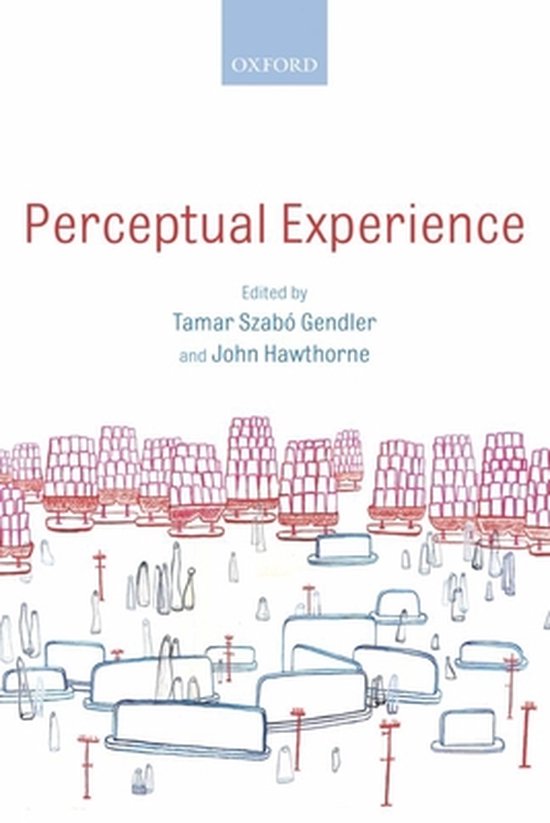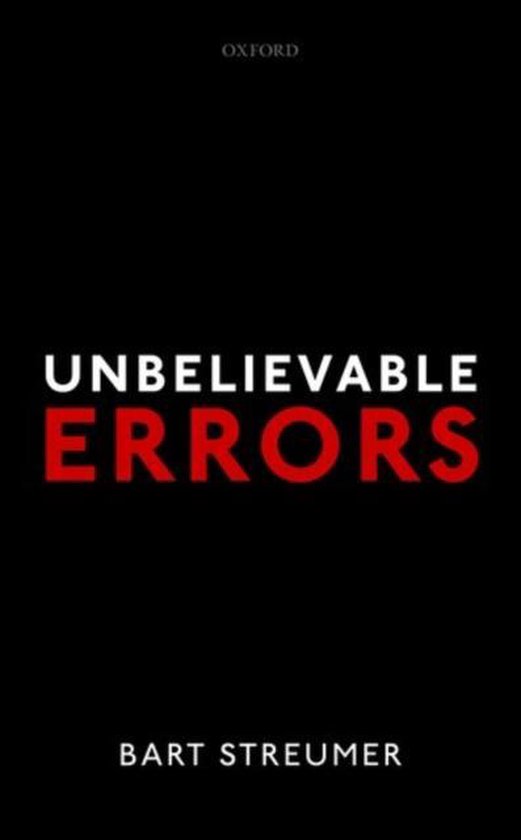
Potentiality Dispositions To Modality
Individual objects have potentials: paper has the potential to burn; an acorn has the potential to turn into a tree. Barbara Vetter investigates the metaphysics of such potentials, and develops a dispositionalist view of metaphysical modality which takes account of contemporary developments in metaphysics, logic, and semantics.
Individual objects have potentials: paper has the potential to burn, an acorn has the potential to turn into a tree, some people have the potential to run a mile in less than four minutes. Barbara Vetter provides a systematic investigation into the metaphysics of such potentials, and an account of metaphysical modality based on them. In contemporary philosophy, potentials have been recognized mostly in the form of so-called dispositions: solubility, fragility, and so on. Vetter takes dispositions as her starting point, but argues for and develops a more comprehensive conception of potentiality. She shows how, with this more comprehensive conception, an account of metaphysical modality can be given that meets three crucial requirements: (1) Extensional correctness: providing the right truth-values for statements of possibility and necessity; (2) formal adequacy: providing the right logic for metaphysical modality; and (3) semantic utility: providing a semantics that links ordinary modal language to the metaphysics of modality. The resulting view of modality is a version of dispositionalism about modality: it takes modality to be a matter of the dispositions of individual objects (and, crucially, not of possible worlds). This approach has a long philosophical tradition going back to Aristotle, but has been largely neglected in contemporary philosophy. In recent years, it has become a live option again due to the rise of anti-Humean, powers-based metaphysics. The aim of Potentiality is to develop the dispositionalist view in a way that takes account of contemporary developments in metaphysics, logic, and semantics.
Individual objects have potentials: paper has the potential to burn, an acorn has the potential to turn into a tree, some people have the potential to run a mile in less than four minutes. Barbara Vetter provides a systematic investigation into the metaphysics of such potentials, and an account of metaphysical modality based on them. In contemporary philosophy, potentials have been recognized mostly in the form of so-called dispositions: solubility, fragility, and so on. Vetter takes dispositions as her starting point, but argues for and develops a more comprehensive conception of potentiality. She shows how, with this more comprehensive conception, an account of metaphysical modality can be given that meets three crucial requirements: (1) Extensional correctness: providing the right truth-values for statements of possibility and necessity; (2) formal adequacy: providing the right logic for metaphysical modality; and (3) semantic utility: providing a semantics that links ordinary modal language to the metaphysics of modality. The resulting view of modality is a version of dispositionalism about modality: it takes modality to be a matter of the dispositions of individual objects (and, crucially, not of possible worlds). This approach has a long philosophical tradition going back to Aristotle, but has been largely neglected in contemporary philosophy. In recent years, it has become a live option again due to the rise of anti-Humean, powers-based metaphysics. The aim of Potentiality is to develop the dispositionalist view in a way that takes account of contemporary developments in metaphysics, logic, and semantics.
| Auteur | | Barbara Vetter |
| Taal | | Engels |
| Type | | Hardcover |
| Categorie | | Taal |




